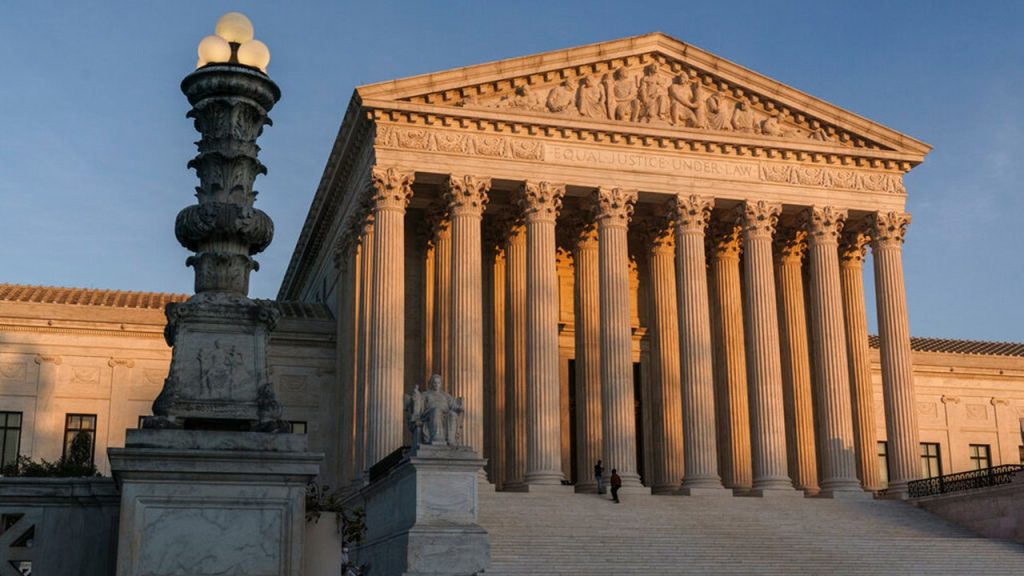Alabama is leading a coalition of 12 Republican-led states in a federal lawsuit against five Democrat-run states, alleging that they are trying to force the Republican states to comply with strict climate-conscious policies that could harm their residents’ access to affordable energy. The filing was made at the U.S. Supreme Court, with the plaintiffs arguing that California, Connecticut, Minnesota, New Jersey, and Rhode Island are dictating national energy policy by imposing restrictions that impact residents of opposing states. The plaintiff states believe that one state should not have the right to control the policy of another state.
Critics have raised concerns about escalating the case to the Supreme Court immediately, but the plaintiff states argue that this is a rare instance where it is necessary. They believe that the Supreme Court has jurisdiction over interstate disputes and that the opposing interests in this case are particularly stark. Alabama Attorney General Steve Marshall, who is leading the charge, argues that the defendant states are crafting climate policies that will disproportionately impact Alabama and its fellow plaintiff states. The defendant states are using legal claims to enforce their climate policies, including imposing a tax on carbon, which could have far-reaching effects.
The complaint filed by the plaintiff states alleges that the defendant states want a global carbon tax on the traditional energy industry, which could result in a gas station in rural Alabama owing damages to the people of Minnesota for selling a gallon of gas. The complaint cites previous cases where energy firms were sued for contributing to global warming and a case from 1981 where West Virginia was taken to court by bordering states over energy policies. The plaintiff states believe that energy and climate policy should be a federal issue and should not be dictated by individual states in a way that could harm others.
The plaintiff states hope the Supreme Court will agree that energy and climate policy is a federal issue and not something that individual states can craft in a manner that impacts other states. Kansas Attorney General Kris Kobach, who is involved in the case, acknowledges that the plaintiff states have limited recourse if the defendant states are allowed to continue crafting policies that have wider-reaching effects than statutorily permitted. He suggests that seeking legislation in Congress to preempt the defendant states’ actions would be a difficult and lengthy process.
This lawsuit is not the first of its kind, as the Supreme Court has previously upheld a California law that led to a spike in the cost of bacon and other pork products outside of California. However, the plaintiff states believe that this case is unique in its scope and potential impact on energy policy nationwide. Efforts to reach representatives for the defendant states in the case have been unsuccessful, but the plaintiff states are determined to see the case through to defend their residents’ access to affordable energy and protect their states’ rights from the policies of other states.


